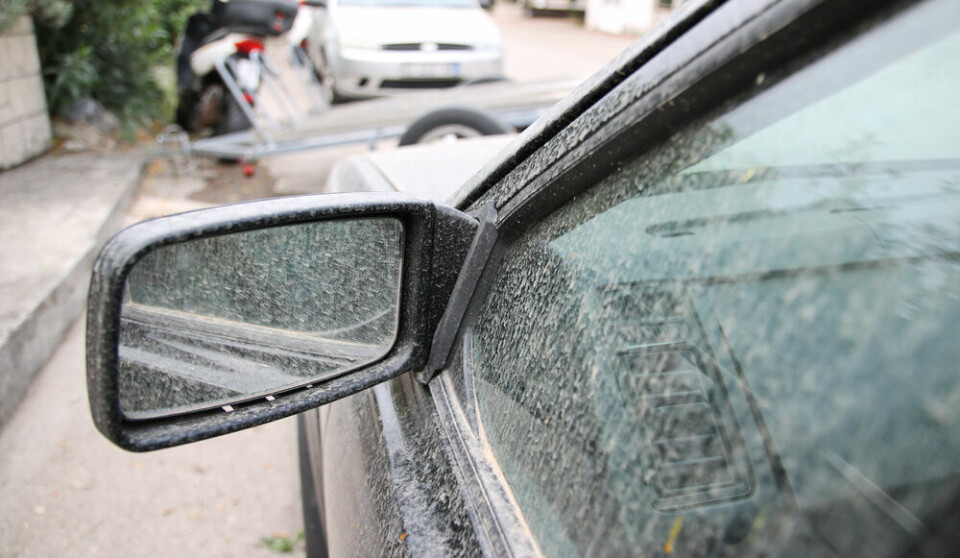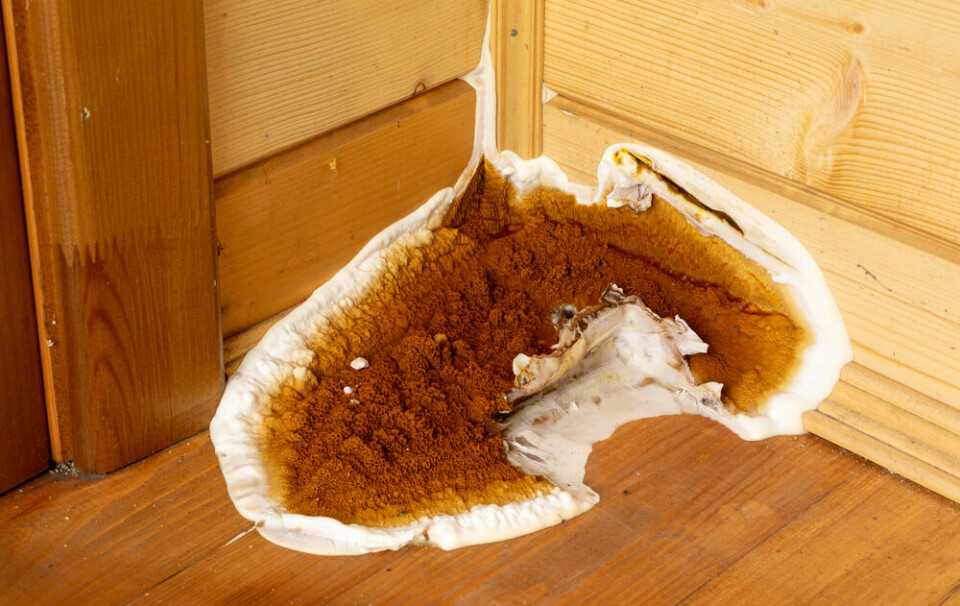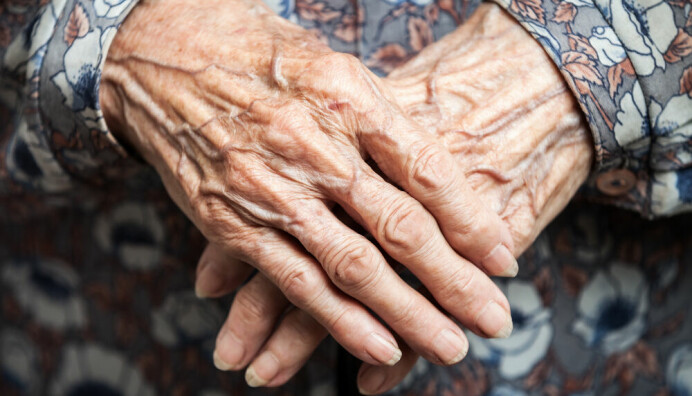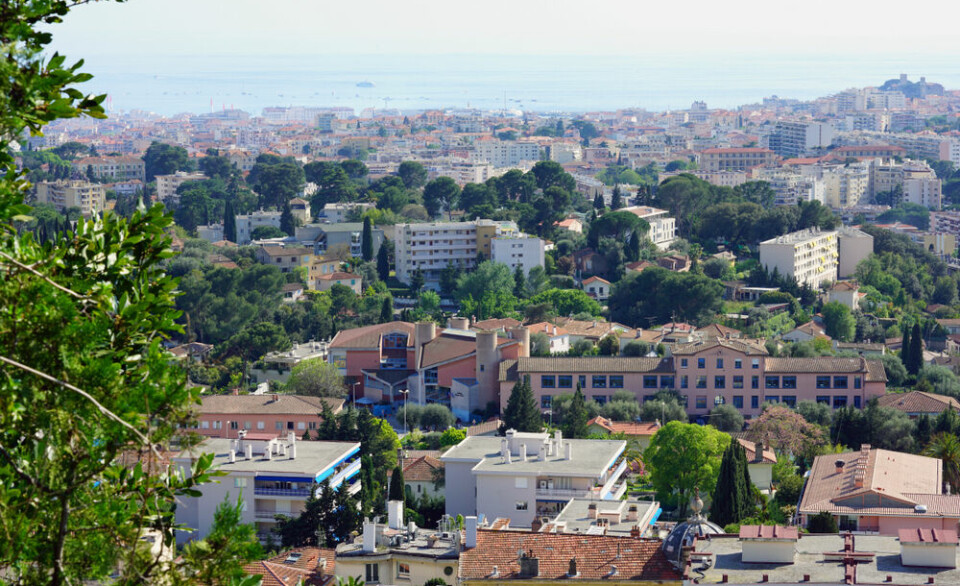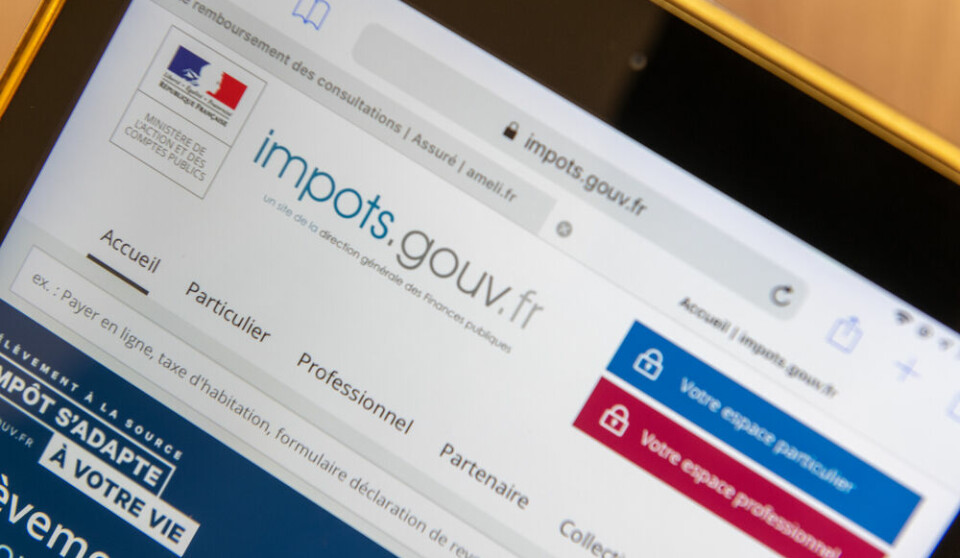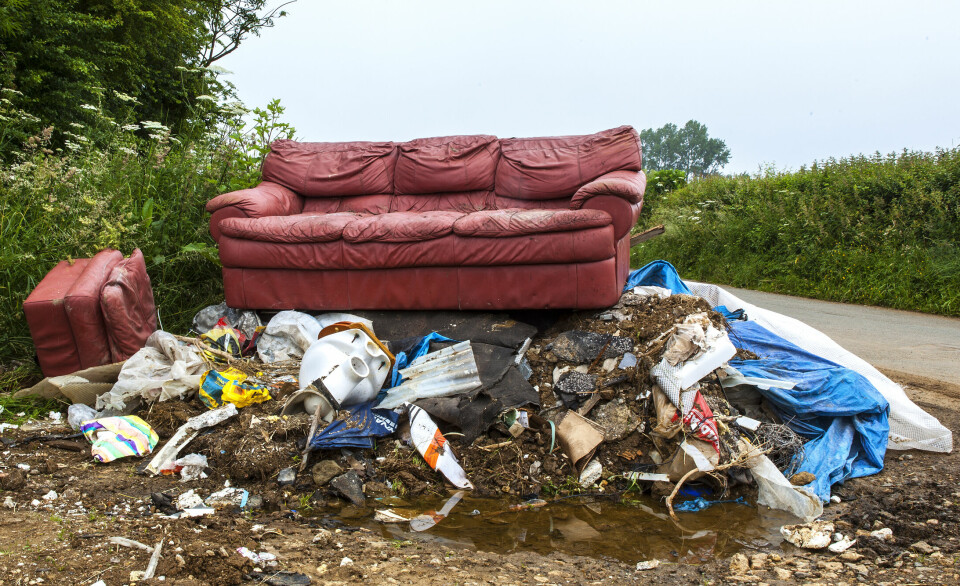-
House ruined by wood-rotting fungus - ‘French insurance will not pay’
Fungus can be swept in through windows and vents and lead to extensive damage. Insurers consider it homeowners’ fault
-
Heat pump insurance cover downgraded for many home owners in France
Wood-burning stoves are also affected following a court ruling
-
What items can I take to local tip in France? Are any banned?
Déchetteries can accept various types of non-household waste
Must we pay French capital gains on a house owned for almost 30 years?
Capital gains tax and associated social charges are calculated in part based on the number of years that a person has owned their second home
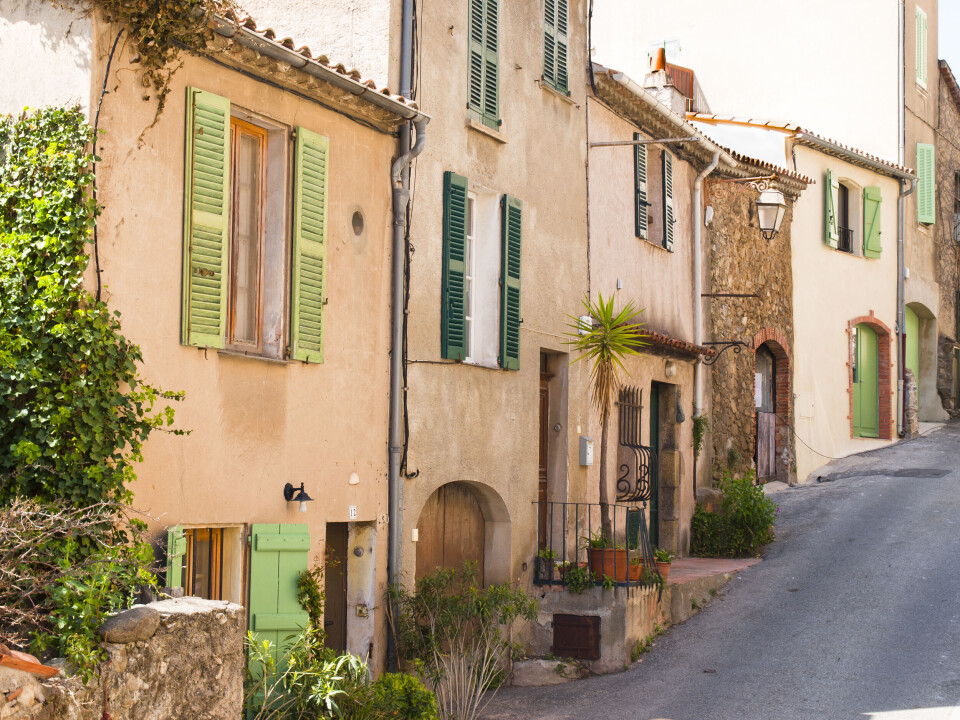
Reader Question: We have a holiday home in Normandy which we have owned for around 28 years and which is worth around €120,000. We plan to sell in the next few years and want to know if we have to pay any capital gains tax or social charges?
If you have owned a French second home for more than 22 years, as is the case here, you are not required to pay any capital gains tax when you sell it.
Likewise, if you have owned the property for more than 30 years, you are exempt from paying social charges related to the tax. As you have not yet reached this you will have some to pay (see below) depending on how long it is before you finally sell.
The years of ownership are counted from the date of purchase or inheritance.
How much is capital gains tax if applicable?
If you do have to pay capital gains and social charges on a property sale, capital gains tax, as such, is at 19% of the capital gain, the latter being roughly the difference between what you got for it and what you paid for it (give or take certain expenses that can be added to the purchase price or subtracted from the selling price).
However the taxable capital gain is reduced for each full year of ownership from the sixth, by 6% per year, which accumulates (so, 12% after seven full years, and so on). After a final additional 4% in the 22nd year, there is none to pay from 23 years.
The reduction of the gain for social charges is, however, calculated differently, starting to taper from six full years of ownership towards exemption after 30 years’ ownership.
The percentage rate applied for social charges depends on whether or not you come under an exemption related to people who are attached to an EU/EEA/Swiss social security system, and not a burden on France’s.
Due to provisions of the two Brexit treaties, France is treating people attached to the UK system as still eligible for this (see links below).
If you benefit from the exemption you will also pay social charges at 7.5%.
Otherwise the social charge rate is 17.2%.
If your property is worth more than €150,000 and you are a UK (or other non EU country) resident you must appoint a French tax representative responsible for calculation and payment of the tax and social charges.
Related articles
Brexit: charges victory for UK pensioners in France and second homes
French social charge reduction: How can we prove NHS ‘membership’?
Brexit: How to reclaim overpaid French social charges



